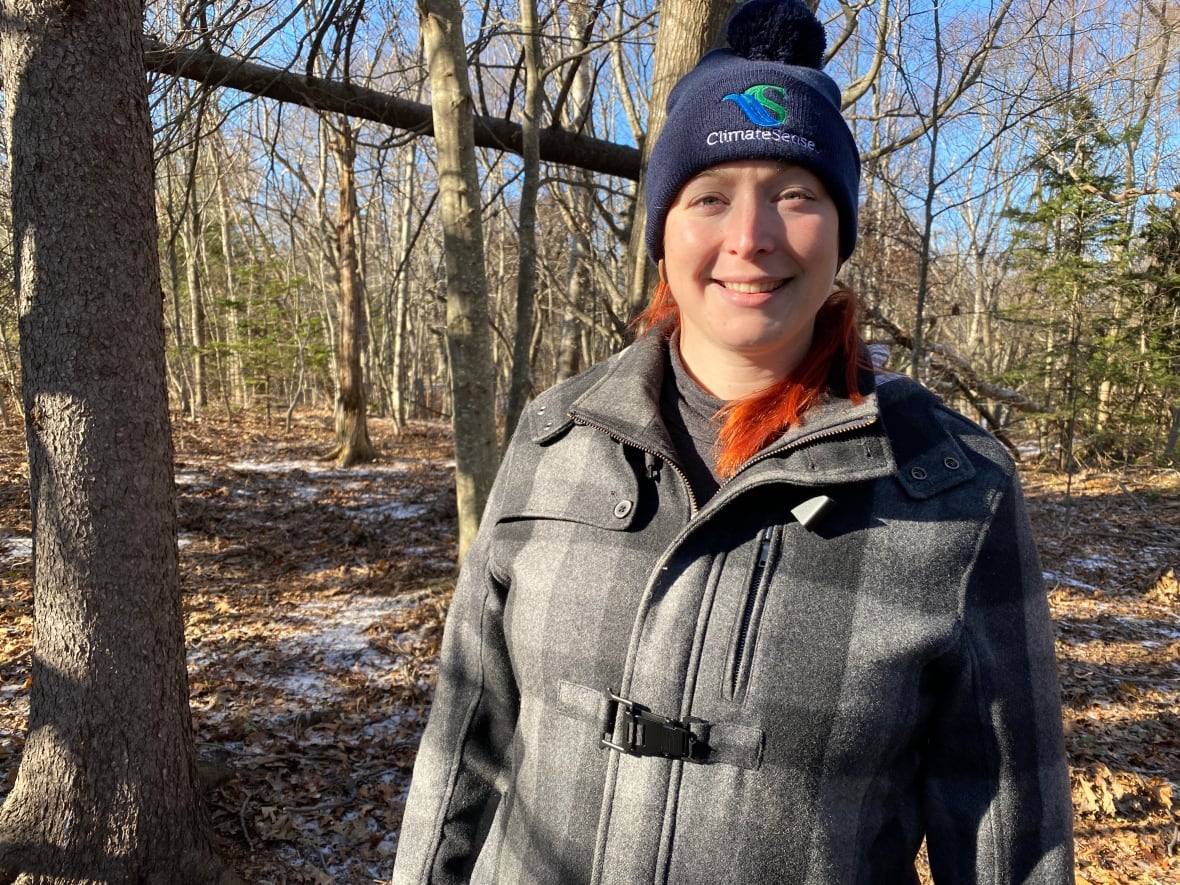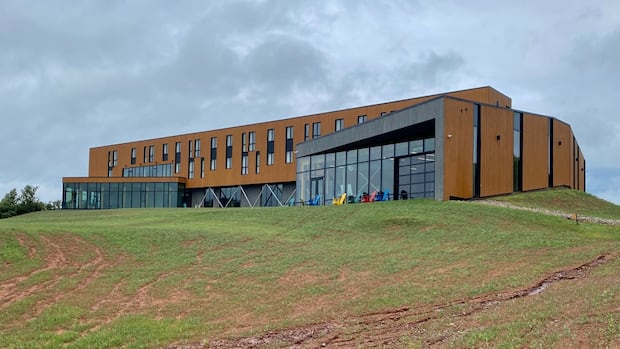A new kind of garden is being planted to help Islanders learn how to adapt their gardening practices to climate change.
The project, called the Climate Resilient Demonstration Garden, is located at the School of Climate Change and Adaptation in St. Peter’s Bay.
It is funded through the provincial government’s Island Community Food Security Program and will be open to the public once completed.
“We’re hoping that this program can help fill some of those gaps in terms of education around food security on the Island and adapting to our changing climate conditions,” said Krystal Pyke, the UPEI ClimateSense program manager.
Growing crops for future conditions
Pyke said the garden will feature a range of crops, including varieties grown in regions with hotter and drier conditions than P.E.I., such as the Prairies or even the Middle East.
“If the food that we grow here now isn’t going to do well in those future conditions that we’re expecting, growing foods from other areas that have those conditions is a great way to get ahead and still be able to produce food in a way that supports your family and supports the community,” they said.
The garden will also demonstrate different planting methods, including square-foot gardening, no-till gardening and “chaos gardening,” where beds are filled with a wide mix of plants to see what takes root.
 Krystal Pyke says the garden will feature some crops from hotter, drier regions and will demonstrate various planting and irrigation methods to help Islanders adapt to a changing climate. (Kirk Pennell/CBC )
Krystal Pyke says the garden will feature some crops from hotter, drier regions and will demonstrate various planting and irrigation methods to help Islanders adapt to a changing climate. (Kirk Pennell/CBC )
To address dry summers, the site will showcase several irrigation techniques.
“We’ll have three different systems, hopefully, one of them will be a drip irrigation system, and one of them will be a tiny sprinkler situation, so it sprinkles underneath the plants and not on the leaves,” Pyke said.
“We’re also going to try out terracotta pots that are buried in the ground, and if you fill them with water, they slow-release water over the period of a week to two weeks.”
The garden will also convert the front lawn into a pollinator-friendly space with native species such as red clover and borage. Pyke said encouraging pollinators will improve crop production while strengthening local ecosystems.
Community benefits
The project was initially expected to launch in June, but delays mean planting will likely begin early September.
Pyke said raised beds will soon be filled with soil and late-season crops like carrots, radishes, and beets will be transplanted. Kale and garlic will also be planted as overwintering crops for spring.
Workshops on food preservation techniques will be hosted at the garden.
“We know that with COVID and with generational transitions, some of those skills are being lost, how to can things, how to dry things, how to seed save,” they said.
We’re hoping that this program can help fill some of those gaps in terms of education around food security on the Island and adapting to our changing climate conditions.— Krystal Pyke
Food from the garden will be used in workshops, shared with participants and distributed to the wider St. Peter’s community. Pyke said the idea grew out of community interest in starting a local garden, which later expanded into a demonstration project.
The garden will also have school education programs in February and March of next year to start getting seedlings started for the next growing year.
With the nearest major grocery store located in Morell, about a 10-minute drive away, many residents face challenges accessing fresh produce. Pyke said the garden will help ease that problem.
“They’re really excited about the garden project as well, and the chance to grow some produce here on site.”

